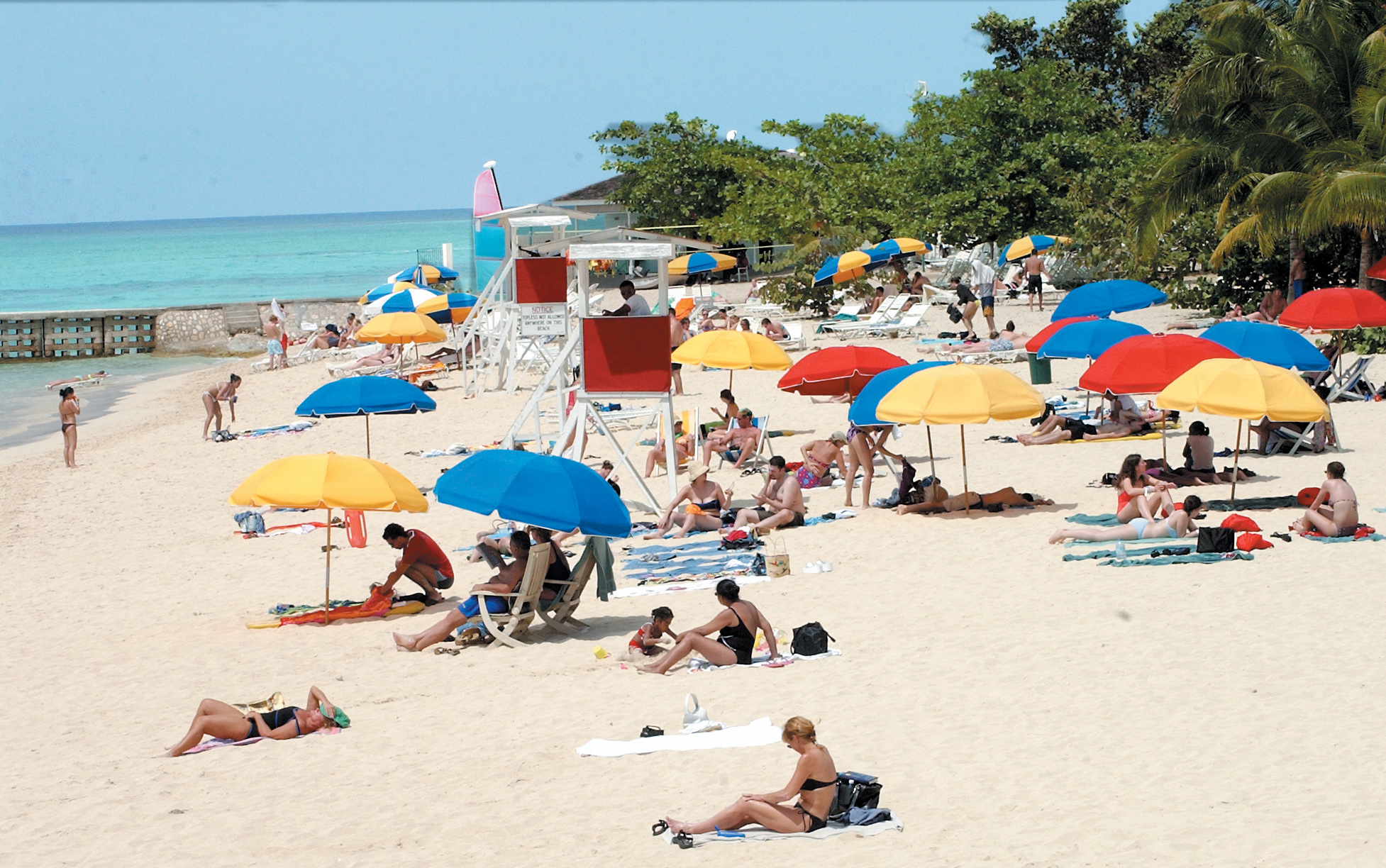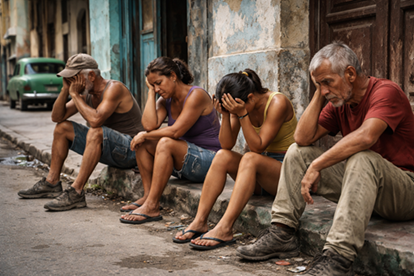
It is truly an honour to be a part of a discipline that recognizes the importance of peace. Tourism was universally recognized as a vehicle or tool for creating and sustaining peace on World Tourism Day, September 27, 2024. This is, however, not a new phenomenon. In 1988, Tourism was labeled a “Vital Force for Peace” by the International Institute of Peace through Tourism (IIPT) at their first conference in Vancouver, USA. The event had 800 delegates from 68 countries in attendance and this started the transformative role of tourism for higher purpose. Birthing from this conference was the “Marketing Peace Through Tourism” initiative which considers the profile of a peaceful destination and the credo of a peaceful traveler. Further initiatives include the 1997 International Tourism Passport to Peace Conference.
The more recent UN’s initiative in establishing the 17 Sustainable Development Goals (SDGs) is based on the 5 Ps with ‘Peace’ being among People, Planet, Prosperity and Partnership. The peace initiative is to foster a just and inclusive society. One of the goals (SDG 16) refers specifically to Peace, Justice and Strong Institutions with the aim of “promoting peaceful and inclusive societies for sustainable development, providing access to justice for all and building effective accountable and inclusive institutions at all levels”. Being the World’s First Global Peace Industry, it is evident that tourism has a significant role to play in meeting the objectives of SDG 16 and catalyzing peace beyond the year 2030.
Tourism encompasses the movement of people from one destination to another as well as visits to places with diverse cultures, and social and economic backgrounds. This brings people together; fostering mutual understandings, encouraging inclusion and respect and, ultimately bridging global geo-political, socio-cultural and economic divide. Being this mechanism of tremendous force at all levels; local, national, regional and global, tourism has the propensity to connect cultures and create peace. This logic was previously investigated in a study conducted by Sinclair-Maragh, G (2022) [Revisiting the Tourism and Peace Nexus] which explained a direct and linear relationship between tourism and peace. Some researchers, however, argue that the relationship could be co-relational as there seems to be a reciprocal relationship between both. Others have explained a causal relationship with the viewpoint that tourism is responsible for the occurrence of peace. Another scholastic view is that there could be an indirect relationship between tourism and peace because the former requires a peaceful environment to ‘flourish’. This is supported by other studies carried out in the areas of place attachment, travel motivation and brand preference. Despite the various assumptions, findings and logic, the UN Tourism is to be commended for the part they are playing in institutionalizing tourism and peace and making it the theme for this year’s World Tourism Day. This underscores the importance of tourism not only in global economic situations but also the role it plays in deriving and maintaining social stability and cultural connectivity.
In all of this discourse, it is important to understand the notion of peace. Scholars have rationalized the term to establish the categories of positive peace and negative peace. Positive peace is positioned as a ‘state of calmness amongst people and cultures’ and spans across respect for cultural differences, beliefs and perceptions. It is characterized by fair social systems. Negative peace is oftentimes described as “the absence of war” and is highly linked to the outcome of structural violence which is a result of unequal distribution of resources for social, economic and environmental betterment. It is also characterized by poverty, hunger, homelessness and environmental pollution, and is associated with the absence of physical violence; be it fights or military warfare.
Utilizing the ‘two sides to every story’ reasoning, some individuals are of the view that tourism contributes to the ‘absence of peace’. This is oftentimes discussed in the literature relating to residents’ attitudes and support for tourism development. This discourse argues that local residents are often disgruntled about the negative economic, social, cultural and environmental impacts of tourism. In addition, there are concerns relating to Foreign Direct Investments (FDI). This results in what some scholars view as ‘tourism imperialism’ where local residents are prevented from having use of- and enjoying- the natural resources of their country-land. Other issues relate to the disparity in wages, gender, ethnicity/race and job position; reduced taxation; acculturation; and prime land access amongst other matters categorized as the negative impacts of tourism.
With the aforementioned, what is the consensus? Is tourism a contributor to peace, is it a beneficiary of peace or is there a reciprocal relationship? How can the impacts of these relationships be measured? The 2024 Global Peace Index prepared by the Institute for Economics and Peace in Sydney, Australia shows that Iceland, Ireland, Austria, New Zealand, Singapore, Switzerland, Portugal, Denmark, Slovenia and Malaysia are rated ( in order as named) as the top ten countries with very high ‘state of peace’ out of 163 countries, with Yemen ranking last. Jamaica ranked 91 and closer home, Trinidad and Tobago, 87; Guyana, 111; and Haiti, 143. One main indicator of peace is the level of perceived criminality in society. Other indicators per 100,000 people are the number of security officers and police, homicides, jailed people and violent demonstrations. Using the fuzzy-set approach, it can be deduced that the countries with high peace ratings are not those that are the top global tourism destinations as Spain ranked 23; the United Kingdom ranked 34 and France ranked 86. Although this reasoning requires a more comprehensive empirical analysis to derive a sound conclusion, there is no doubt that the dynamic nature of tourism has the likelihood to create and sustain peace and in fact, has been doing so immeasurably but immensely. This is evident in countries that have been engaged in warfare and socio-political conflicts. They have purposefully used tourism as a catalyst to generate peace by creating markets for peace tourism, battlefield tourism and thana tourism / dark tourism to name a few. These countries include Belgium (battlefield tourism in Flanders emerging from World War 1), Scotland (dark tourism from the massacre of Glencoe) and Rhwanda (peace tourism from the 1994 genocide). These examples indicate that tourism creates peace as well as, peace is required for tourism to happen. What are your views?
Professor Gaunette Sinclair-Maragh Ph.D
School of Advanced Management – College of Business and Management, University of Technology, Jamaica.
Chair of the Caribbean Tourism Researchers Network (CTRN)



